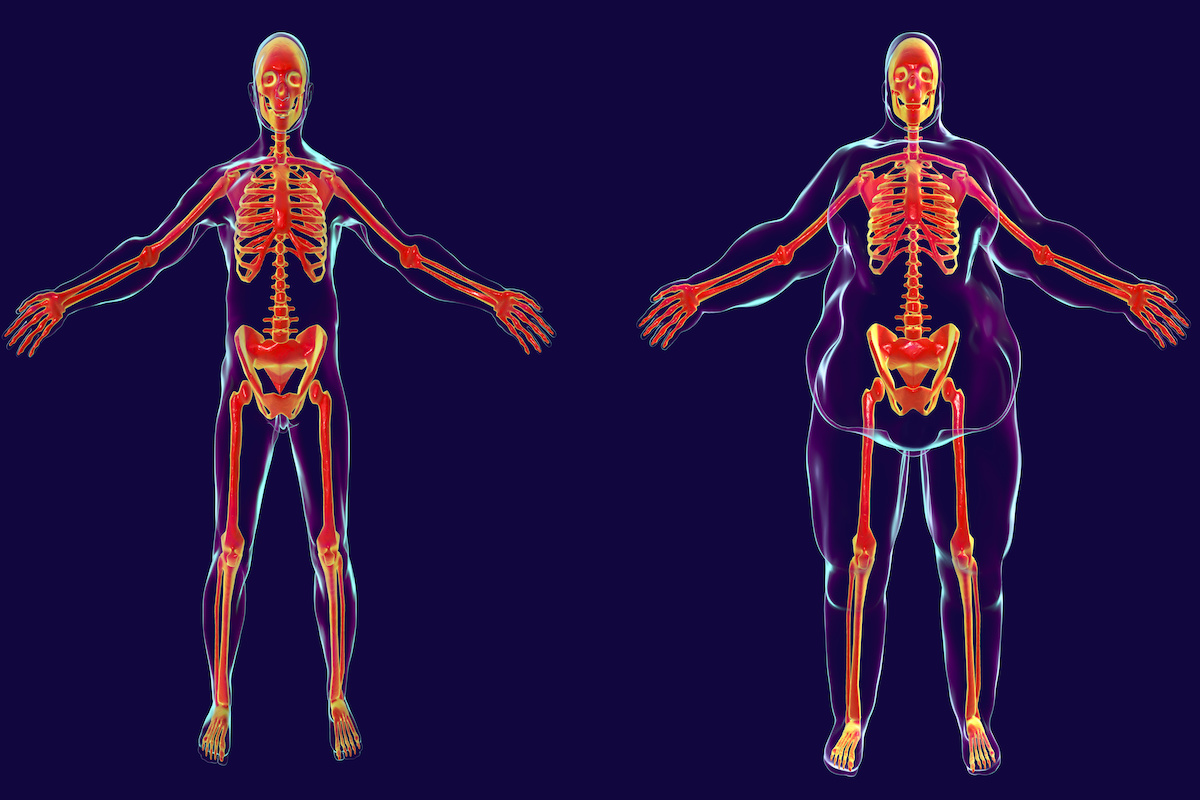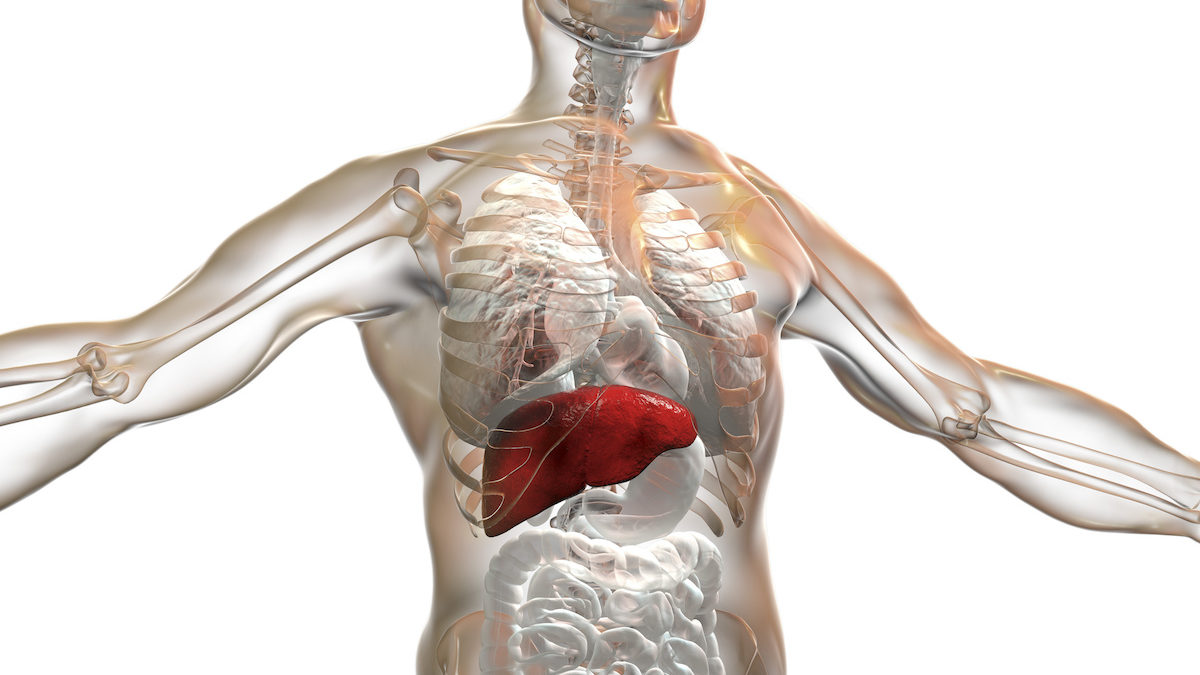Are You Lean But Metabolically Obese?

Obesity is an obvious state to detect as it manifests as an individual being visibly larger in size and weight with noticeably great adiposity, or what most would call body fat. Indeed, modern society vilifies people based on weight, setting ideals of shape and size, that are not necessarily justified for health, but perhaps more so for aesthetics.
Metabolic obesity is concerned not with body weight or Body Mass Index (BMI) but rather metabolic health (e.g. your risk of developing cardiovascular disease or diabetes) and recognises the fact that not all obese people are metabolically at risk and similarly not all lean people are metabolically healthy.
The latter is a particularly pertinent point to make considering that metabolically obese, but physically lean individuals are not easy to spot and may well be blissfully unaware themselves.
How Can You Tell You’re Metabolically Obese When You’re Lean?
Adiposity (body fatness) is a key factor when it comes to metabolic health, not just how much body fat you have, but where you store it and how well your body fat (adipose tissue) functions. One indication of poor metabolic health is having too much visceral fat (fat around the organs), and this is seen in a significant proportion of lean people who may not be necessarily fat overall.
Even things like waist circumference may be normal. You can only really tell by looking “inside”, for example using MRI or CT scans, but we know that up to around 10 percent of lean people can be classified as TOFIs (Thin on the Outside but Fat on the Inside).
Not just with high visceral fat, but also ectopic fat (fat where it shouldn’t be) such as high liver fat.

Without access to an MRI, a metabolically obese individual could present with other detectable measures, such as higher fasting glucose, high blood lipids (e.g. LDL cholesterol), high blood pressure, glucose intolerance, and possibly poor fitness. Most of these are not routinely done, unless for a clinical reason, which reiterates the point that many metabolically obese may remain undetected and oblivious.
Can You Be Physically Obese But Healthier Than Someone Who Is Lean?
Obesity is certainly associated with poor metabolic health, but it is not a guarantee. You could argue that obesity gets a bad rap, given that a significant proportion of physically obese individuals are metabolically non-obese or ‘lean’.
Indeed, many overweight or obese people actually have a lower disease risk than some lean counterparts. This can be revealed when examining measures of risk (as previously described), and visceral fat. Even markers of physical fitness can be higher in obese people than lean.
One exaggerated example of this is to look at Sumo wrestlers, who can be described as FOTIs, Fat on the outside not on the inside. They are physically obese but have very little visceral fat and are both metabolically healthy and physically fit.

What Are The Consequences Of Being Metabolically Obese?
Being metabolically obese is a very real hidden risk for a large population of people. We should not be complacent in our thinking that just because you are maintaining a ‘healthy weight’ you are healthy.
Lifestyle factors such as diet, physical activity, alcohol consumption, smoking, shift work and poor sleep are all independent influences on metabolic health, irrespective of body weight. Indeed, these are often predictors of risk and explain differences seen in traditional risk factors when tested.
Anecdotally individuals who have always been lean irrespective of how much they eat or drink are often looked at with envious eyes, but this is not giving us the full picture. For those who are lucky enough to not have an issue of weight, it is important to be mindful of your lifestyle and where possible, keep abreast of your health through regular check ups where possible.


















